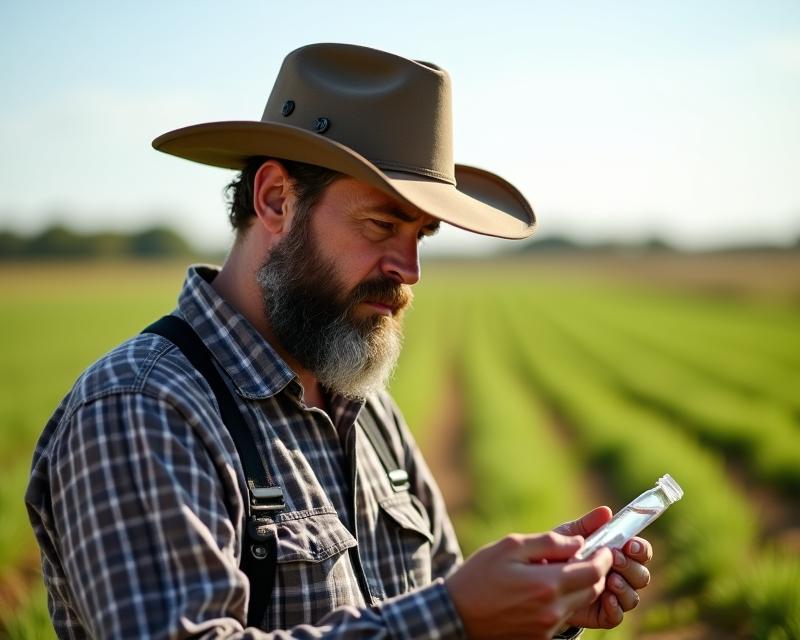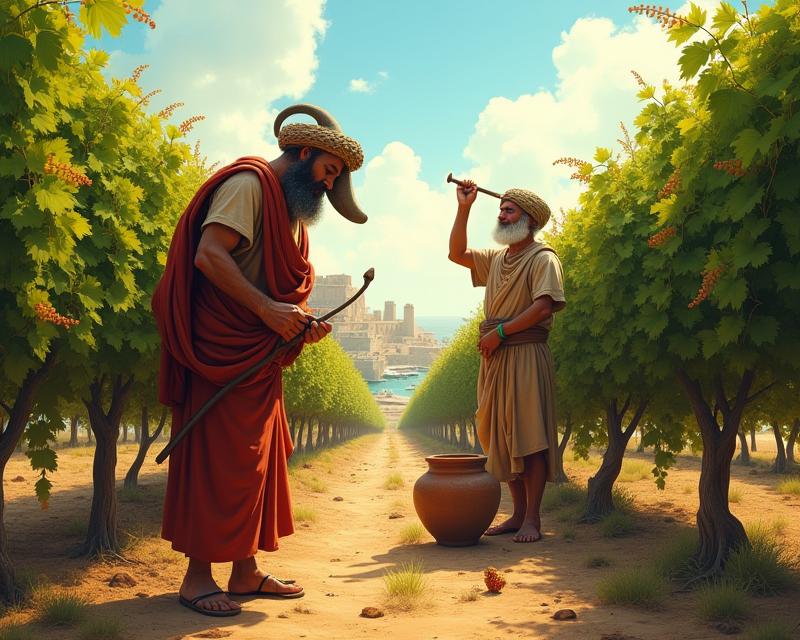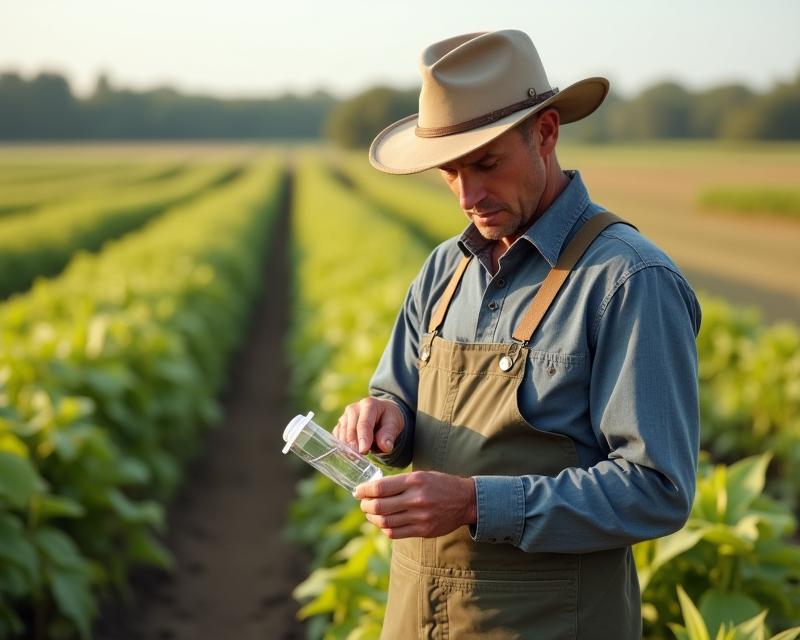Water Quality: A Farmer's Critical Concern
Publish in Agriculture el 22/07/2025 16:42
Water Quality: A Farmer's Critical Concern
As farmers, gardeners, and ranchers, we rely on water – it's the lifeblood of our operations. But have you ever stopped to consider the quality of that water? Contaminated water poses a serious threat, not just to our crops and livestock, but also to the health of the people who consume our food. Understanding the risks and taking proactive steps is crucial for a sustainable and responsible farming future.

The Risks of Contaminated Water
Water contamination can occur from various sources, including agricultural runoff (fertilizers, pesticides), industrial discharge, sewage, and even naturally occurring pollutants like arsenic or lead. When contaminated water is used for irrigation, it can introduce harmful pathogens, chemicals, and heavy metals into our crops. This can lead to a range of problems, from reduced crop yields and quality to serious health consequences.
Health Risks to Consumers
The potential health risks to consumers are significant. Consuming crops irrigated with contaminated water can lead to various illnesses. Pathogens like E. coli, Salmonella, and Campylobacter can cause foodborne illnesses, resulting in symptoms like diarrhea, vomiting, and abdominal cramps. Chemical contaminants, such as pesticides and heavy metals, can have long-term health effects, including developmental problems, neurological disorders, and even cancer. It's a serious responsibility we have to ensure the safety of the food we produce.
Protecting Your Water Source
So, what can we do? First, regular water testing is essential. Know your water's composition – what's present, and at what levels? Implement best management practices to minimize runoff. This includes using buffer zones around water bodies, employing proper fertilizer application techniques, and managing livestock waste effectively. Consider alternative irrigation methods like drip irrigation, which reduces water usage and minimizes the risk of contamination. Finally, stay informed about local regulations and guidelines regarding water quality. By prioritizing water quality, we can protect our crops, our livestock, and the health of our communities. It's an investment in a healthy and sustainable future for agriculture.





